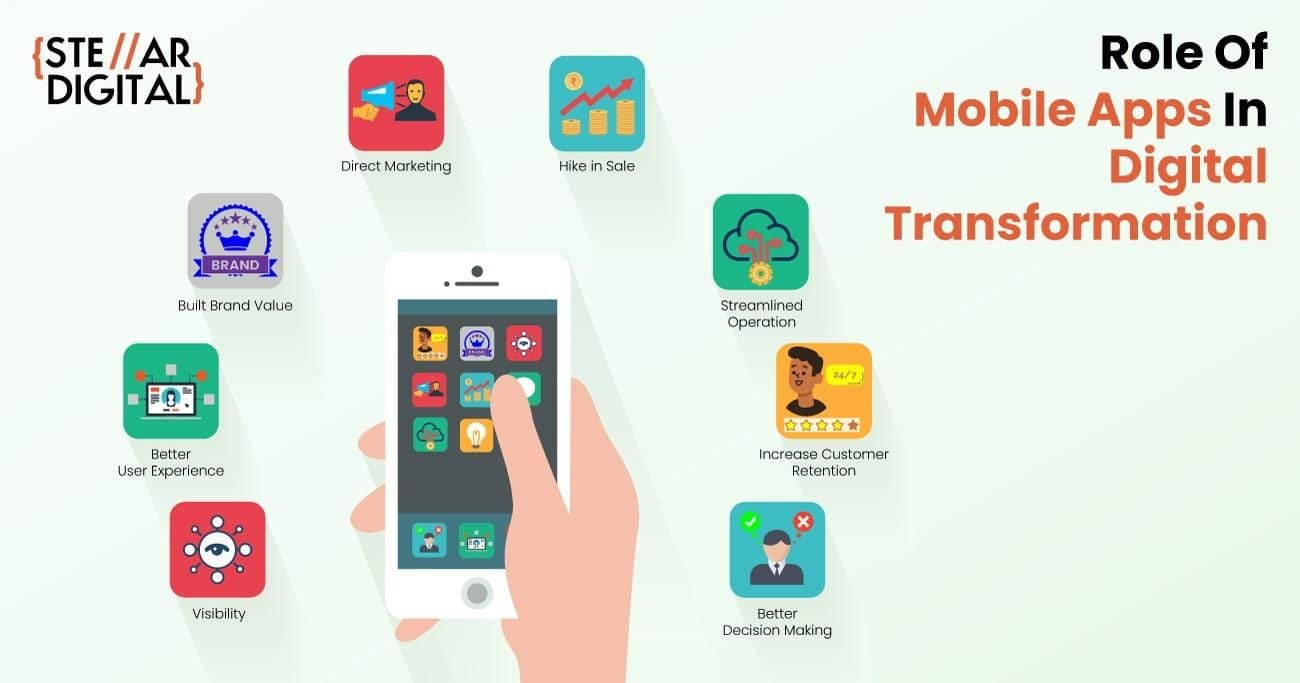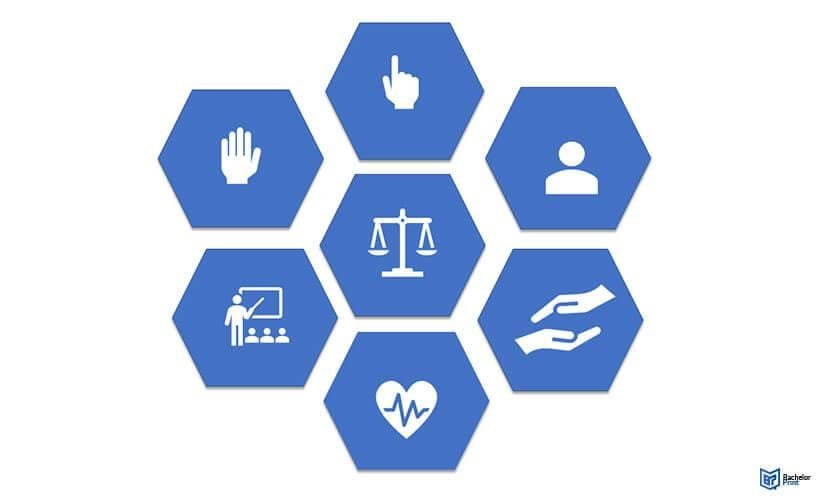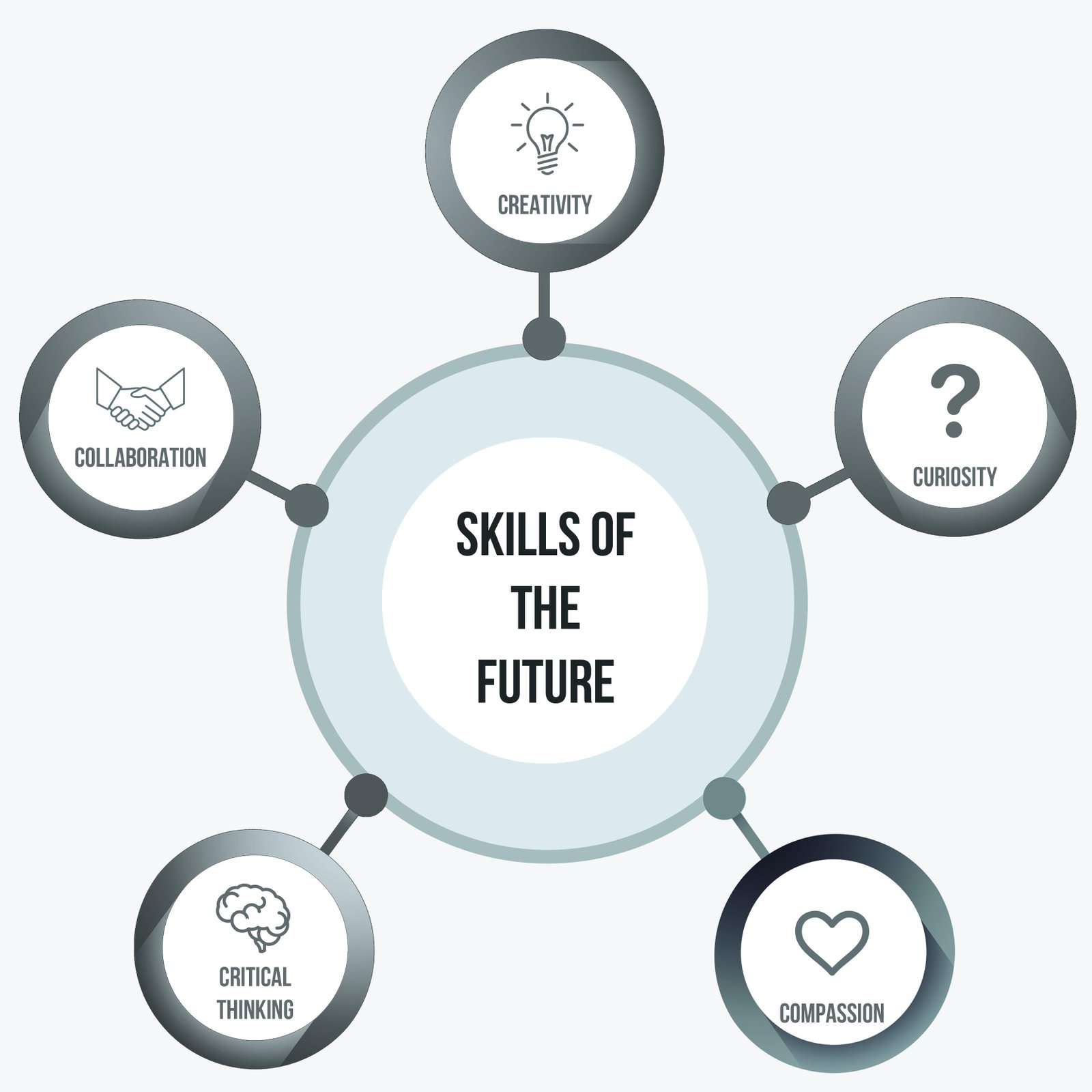Table of Contents
In the rapidly evolving landscape of technology, few advancements provoke as much intrigue and apprehension as artificial intelligence. As we witness the gradual integration of AI into everyday life, we find ourselves on an exhilarating yet unpredictable journey. This exploration into the heart of AI technology reveals not only its vast potential but also the multifaceted challenges it presents for society.
From reinventing industries to reshaping communication, AI’s influence is multifarious, stirring discussions about ethics, responsibility, and innovation. Every breakthrough is a step toward an uncertain future, demanding that we engage thoughtfully with the implications of our own creations.
As we navigate this transformative terrain, we must consider how emerging technologies will redefine our world. The path ahead is not merely about technical advancement, but also about understanding our relationship with these machines and their role in our shared human experience. In this unfolding narrative, we seek to illuminate the complexities and possibilities that lie ahead, guiding us toward a more informed future.
The Evolution of AI: Understanding Its Past to Shape Our Future
Since the dawn of digital computing, artificial intelligence (AI) has undergone a remarkable metamorphosis. Initially limited to complex algorithms and basic data processing, the discipline has progressed to embrace machine learning and deep learning, intertwining with neurobiology to unlock new realms of possibility. The journey from simple rule-based systems to sophisticated neural networks reflects human ingenuity and ambition, driving AI into our everyday lives.
The evolution of AI can be understood through several key milestones:
- 1956: The term “artificial intelligence” is coined at the Dartmouth Conference.
- 1997: IBM’s Deep Blue defeats chess champion Garry Kasparov.
- 2012: Breakthroughs in deep learning revolutionize image recognition.
These transformative advancements reveal an ongoing theme of adaptation and enhancement. As technology continues to advance, we stand on the precipice of creating AI systems that understand context and possess emotional intelligence. Exploring the past allows us to navigate the complexities of ethical considerations while harnessing AI’s potential for good, paving the way toward a more enlightened future.

Transformative Applications: How AI is Reshaping Industries and Daily Life
The integration of AI into various sectors is not merely a trend; it’s a profound shift that is redefining how we live and work. In healthcare, for instance, AI algorithms analyze complex datasets to assist in early disease detection and personalized treatment plans. In finance, predictive analytics driven by AI are optimizing investment strategies and risk management, enabling firms to make data-informed decisions with unparalleled accuracy.
Moreover, AI is enhancing user experiences in retail through personalized recommendations and inventory management. Businesses are harnessing chatbots and virtual assistants, streamlining operations, and improving customer service. AI’s influence spans various fields, including education, where adaptive learning technologies create tailored learning experiences, ensuring that students receive support that meets their unique needs.
| Industry | AI Application | Impact |
|---|---|---|
| Healthcare | Predictive analytics | Early disease detection |
| Finance | Risk assessment | Informed decision-making |
| Retail | Personalization | Enhanced customer satisfaction |
| Education | Adaptive learning | Customized learning experiences |

Ethical Considerations: Balancing Innovation with Responsibility
The rapid advancement of AI technologies has sparked an urgent dialogue about how to navigate their integration into our lives responsibly. Several key factors must be considered to ensure that the wonders of innovation do not overshadow the ethical implications:
- Transparency: Organizations should openly communicate how AI systems operate and make decisions.
- Accountability: Developers must take responsibility for the outcomes of AI applications, addressing biases and unintended consequences.
- Privacy: Safeguarding user data is paramount; individuals deserve to know how their information is collected, used, and protected.
Striking a balance between creativity and caution involves establishing guidelines that promote ethical AI use while fostering innovation. This collaborative effort requires:
- Stakeholder Engagement: Involvement from diverse groups ensures wider perspectives on the implications of AI.
- Regulatory Frameworks: Implementing adaptive policies can guide responsible development and deployment.
- Continued Education: Ongoing training about ethical considerations can prepare future leaders to prioritize responsibility in tech advancement.

Future Skills: Preparing for a Workforce Powered by AI
As AI technology continues to evolve, the demand for new skill sets in the workforce is becoming increasingly apparent. Professionals need to embrace a mindset of continuous learning, engaging in upskilling and reskilling to remain relevant. Essential competencies include:
- Critical thinking and problem-solving skills
- Data analysis and interpretation
- Adaptability to new technologies
- Collaboration in diverse teams
- Emotional intelligence in AI-human interactions
Moreover, organizations must play a pivotal role in this transformation by fostering an environment conducive to innovation. Implementing structured training programs can bridge the gap between existing skills and the capabilities needed for AI integration. Here’s a simple overview of effective training strategies:
| Training Strategy | Benefits |
|---|---|
| Workshops and Seminars | Enhanced knowledge sharing |
| Online Courses | Flexible learning options |
| Mentorship Programs | Personalized guidance |
In Conclusion
As we stand at the crossroads of technological evolution, the journey of AI is just beginning. The horizon is illuminated by the potential of intelligent systems that promise to reshape our world. However, navigating this uncharted territory requires a balanced perspective.
- Understanding AI’s capabilities is crucial, as it can improve efficiency and innovation across diverse sectors.
- Ethical considerations remain paramount, urging us to address biases and ensure inclusive advancements.
By embracing collaboration among engineers, policymakers, and society, we can sculpt a future that harnesses AI’s power while prioritizing humanity’s well-being.
In closing, our shared responsibility is to engage in these conversations, advocate for transparency, and ensure that the technology serves everyone. By doing so, we can navigate tomorrow’s complexities with confidence and purpose, paving the way for a harmonious coexistence between human creativity and artificial intelligence.



